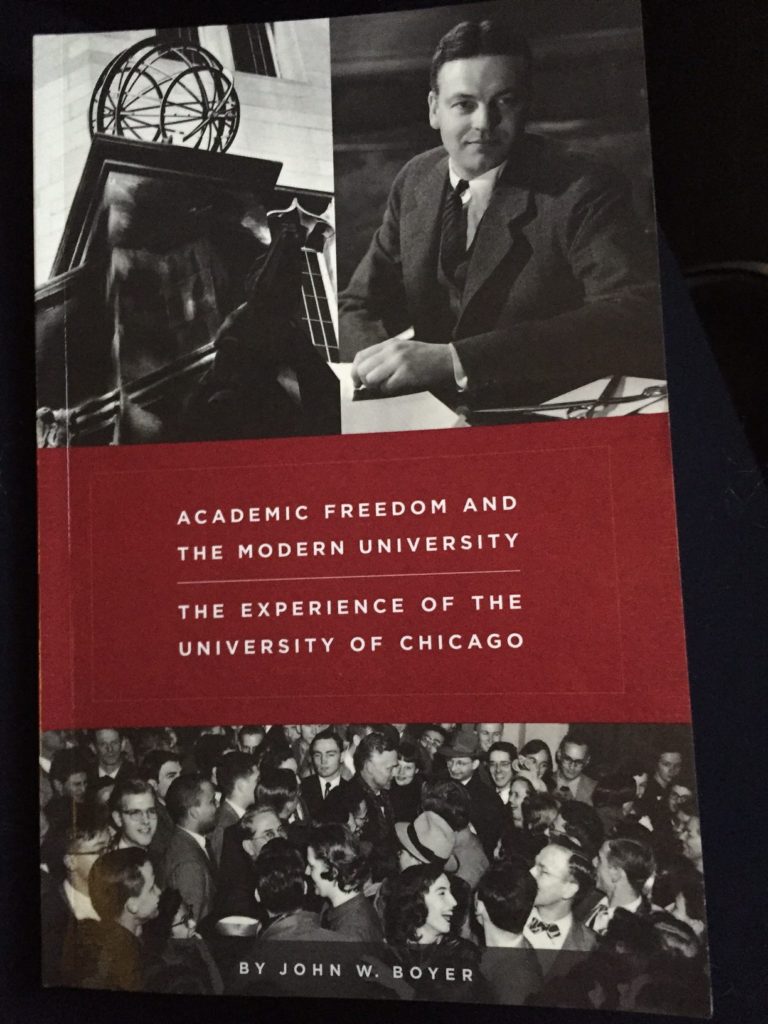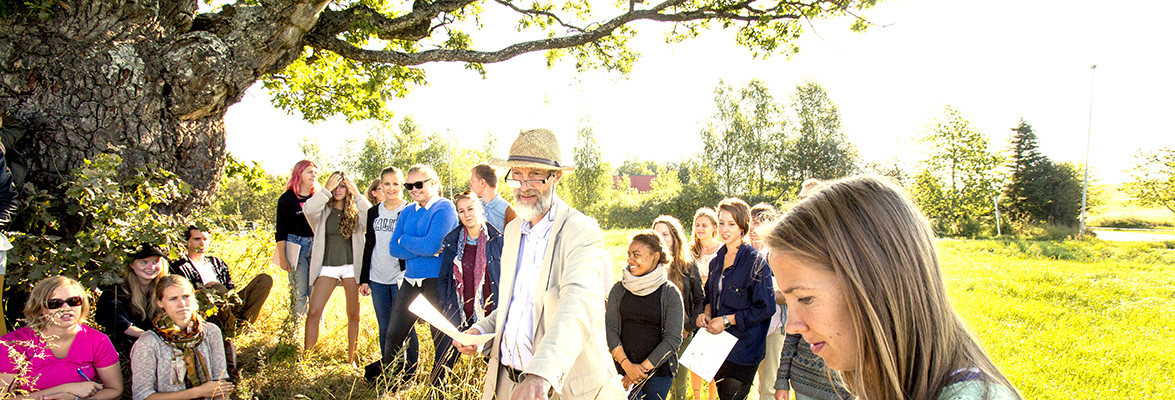Yes, it will be the first and last time I give a «trigger warning», at least as a University rector. And I’ll explain why.
Academic freedom is a core value at universities, and is in fact a prerequisite for our ability to pursue knew knowledge in an unbiased and trustworthy manner. However, this freedom and autonomy of the university and its faculty is a precious right not to be taken for granted, as it has been challenged from various angles throughout history and will continue to be so. The ways of which academic freedom is challenged differ greatly between countries and institutions and throughout changing times and contexts. It is therefore of great importance that university leaders, faculty and students keep the discussion and awareness of academic freedom warm as new and changing forms of restrictions and impediments appear.
Over the recent years, pressure on academic freedom and rights of faculty to express and teach has come in new forms from within. And this is where «trigger warnings» come into question. The purpose of so called «trigger warnings» is to send an upfront message that upcoming content may be perceived as uncomfortable, offensive or otherwise unwanted by the receiver, who can then choose to avoid it. In the United States, and there are also some recent incidents in Europe, students have started to ask for trigger warnings regarding class or curriculum content. Teachers have also found themselves reported on websites set up for this purpose on the basis of dismay at their course content. The teachers’ right to express and teach according to their academic position and research findings is being contested. Can freedom of expression have limits at universities? Is it ok that university faculty censor themselves and course curriculum not to upset students?
Having a university education, implies challenging one’s views, practising seeing things from different angles and viewpoints, pushing knowledge boundaries, and sharpening one’s ability to build a convincing argument. It implies critical thinking, which is impossible without encountering opposing views. Being a student is not about acquiring a degree walking through a padded tunnel where the only hurdles are exams, it is about engaging critically in an academic community of a magnitude of views and standpoints that are constantly contested. Similarly, being an academic implies respectful part-taking in academic debate, constantly refining one’s position and pushing knowledge barriers and challenging established understandings.
Such engagement is challenging and sometimes difficult, and it is therefore claimed that students need to be ensured a nurturing and safe learning environment. Claims are that this requires carefulness also in terms of academic content, and that students should be allowed intellectual safe spaces and warnings. However, I believe that respectful, open and inclusive learning environments are achieved through minding how we debate, not by setting limits to what should be debated.
Excusing oneself from the parts of the debate or syllabus that are particularly challenging or allowing such avoidance by offering trigger warnings, takes away the possibility of true critical thinking and academic freedom. If critical thinking and vivid and comprehensive debate is not to take place in universities, where will it take place at all?
This week a large Norwegian delegation, including the Minister of Research and Higher Education and many university rectors visited the University of Chicago for the Transatlantic Forum. As one of the top universities in the US, the University of Chicago has a lot to offer in all academic terms, and the university has also taken a very clear stance on academic freedom and currently on the issue of trigger warnings. The experience and position of the University of Chicago serve as valuable examples for us to strengthen our own stance back home.
Being a member of the Board of the European University Association, I have taken the opportunity to raise the matter there, and we will also bring it to the table in our own Council of Higher Education (UHR) in Norway.
So consider yourself warned: There will be no trigger warnings.



